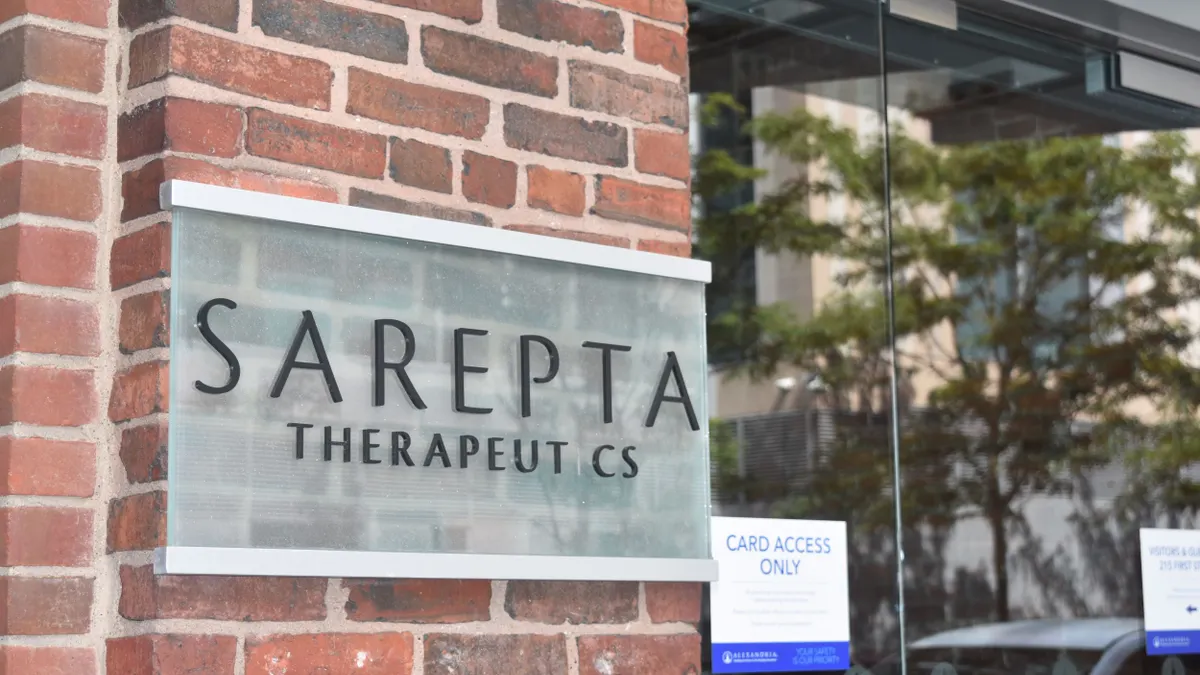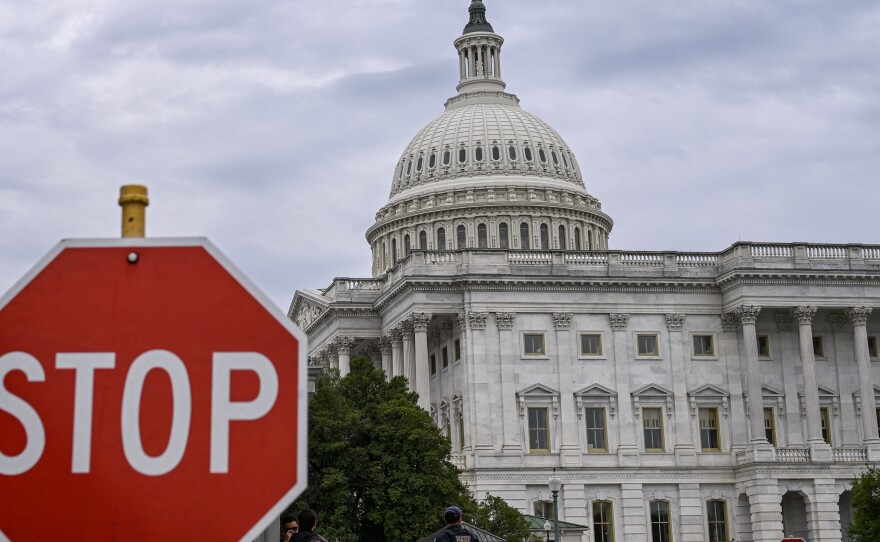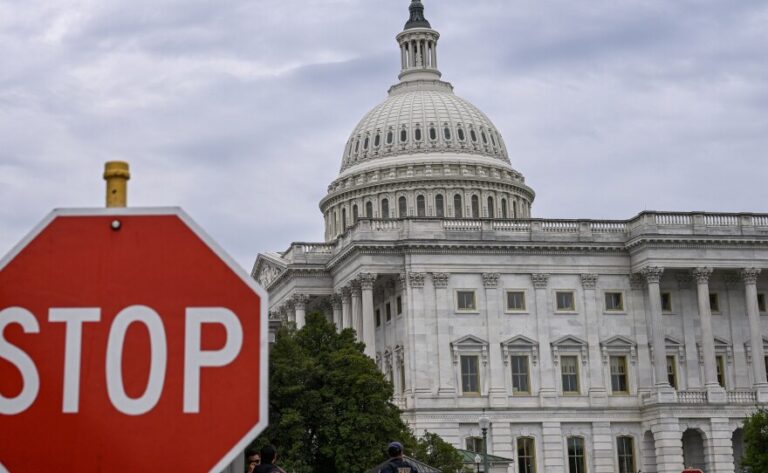In a devastating development for the Duchenne muscular dystrophy community, a second patient has died following treatment with Sarepta Therapeutics’ gene therapy Elevidys, triggering an urgent FDA investigation.
The latest tragedy has sent shockwaves through the biotech industry and raised serious questions about the safety of the $3.2 million-per-patient treatment.
Timeline of Events: Two Deaths in Three Months
• March 2025: Sarepta reported the first patient death – a 16-year-old boy who suffered acute liver failure after receiving Elevidys.
• June 15, 2025: A second teenage boy died from acute liver failure, prompting Sarepta to immediately halt shipments for non-ambulatory patients.
• June 25, 2025: The FDA announced a formal investigation into the deaths, evaluating the need for further regulatory action.
• July 16, 2025: Sarepta announced it has completed an Expert Committee protocol for enhanced immunosuppression and will submit it to the FDA imminently.
Critical Details About the Deaths
Both patients were teenage boys who passed away after developing acute liver failure within two months after treatment with Sarepta’s one-time therapy.
Key similarities between the cases include:
• Non-ambulatory status: Both Duchenne patients were non-ambulatory, meaning their disease had progressed to a stage where they could no longer walk independently.
• Liver failure: Both deaths were attributed to acute liver failure, a known but severe side effect of AAV-based gene therapies.
• Rapid onset: The deaths occurred less than two months after receiving the gene therapy.
Immediate Actions Taken by Sarepta
Following the second death, Sarepta implemented several emergency measures:
1. Shipment Suspension: The company temporarily halted Elevidys shipments for non-ambulatory patients until it has settled on a new immunosuppressive approach.
2. Clinical Trial Pause: Sarepta suspended dosing in its Phase III ENVISION study, which is testing Elevidys in both ambulatory and non-ambulatory patients.
3. Expert Panel Formation: An independent group of experts was assembled to consider an enhanced immunosuppression regimen for Elevidys.
4. Enhanced Safety Protocol: The company developed a protocol using sirolimus for additional prophylactic immunosuppression in non-ambulatory patients.
Market Impact and Financial Consequences
The news has had devastating effects on Sarepta’s market position:
• Stock Crash: Sarepta’s shares crashed 41% in premarket trading Monday morning to $21.01.
• Revenue Guidance Suspended: Sarepta is suspending its 2025 revenue guidance and will provide an updated guidance at its second quarter revenue call.
• Restructuring Announced: The company announced a strategic restructuring plan with $400 million in anticipated annual cost savings and a 36% workforce reduction.
FDA Investigation and Regulatory Concerns
“FDA is investigating the risk of acute liver failure with serious outcomes, including those such as hospitalization and death, following Elevidys, and is evaluating the need for further regulatory action,” the agency said in a safety communication.
The FDA’s investigation focuses on several key areas:
• Label Updates: The FDA has requested that the label include a black box warning for acute liver injury and acute liver failure.
• Risk Assessment: Evaluating whether Elevidys should be banned for non-ambulatory patients or potentially pulled from the market entirely.
• Safety Protocols: Reviewing Sarepta’s proposed enhanced immunosuppression regimen using sirolimus.
Impact on the Duchenne Community
The death of a second teenage boy from liver failure has left the Duchenne muscular dystrophy community angry, fearful, and divided over whether to maintain hope in the therapy.
One particularly heart-wrenching case involves Kameron Lawson’s 10-year-old son:
His son Konner received the treatment in early April and began experiencing signs of liver failure six weeks later. He has been hospitalized multiple times with liver problems since then, and his prognosis remains uncertain.
Background on Elevidys and Its Approval
Elevidys is a one-time gene therapy designed to address the underlying genetic cause of Duchenne muscular dystrophy:
• Mechanism: Delivers a gene that codes for a shortened form of dystrophin protein to muscle cells.
• Cost: The treatment costs $3.2 million per patient.
• Approval History: Initially approved in June 2023 for ambulatory patients aged 4-5, then expanded in 2024 despite failing its confirmatory trial.
• Patient Numbers: More than 900 individuals have been treated to date.
Known Risks and Side Effects
Liver toxicity has been a recognized risk of AAV-based gene therapies like Elevidys:
• Previous Warnings: Elevidys’ current U.S. label includes a warning about the risk of acute serious liver injury, but not ones for liver failure or death.
• Common Side Effects: Vomiting, nausea, elevated liver enzymes, fever, and low platelet counts.
• Risk Factors: Higher doses in older, heavier patients increase the risk of adverse responses.
What Happens Next?
Several critical developments are expected in the coming weeks:
1. FDA Decision: The agency will determine whether to implement a black box warning, restrict use in non-ambulatory patients, or take more severe action.
2. Enhanced Protocol Review: Sarepta will submit its expert panel findings and proposed protocol to the FDA imminently.
3. Clinical Trial Resumption: The ENVISION study will remain paused until FDA approves the new safety protocols.
4. Community Response: The Duchenne community awaits guidance at the upcoming Parent Project Muscular Dystrophy conference.
Industry Implications
This crisis raises broader questions about gene therapy safety:
• Regulatory Scrutiny: This represents one of the first major tests of the new FDA leadership’s regulatory philosophy toward gene therapies for rare diseases.
• AAV Safety Concerns: These deaths are likely “part of AAV risk”—a broader trend in the industry where the use of this delivery technology has been associated with safety concerns.
• Market Confidence: The incidents may impact investor confidence in the entire gene therapy sector.
Company Statement
Sarepta’s leadership has responded to the crisis:
“Our paramount priority is the safety and well-being of the patients we serve,” said Louise Rodino-Klapac, PhD, chief scientific officer at Sarepta. “We are taking immediate, decisive steps to better understand and mitigate the risk of acute liver failure”.
CEO Doug Ingram emphasized: “For Duchenne patients, time is muscle, we always say”.
Conclusion
The deaths of two teenage boys following Elevidys treatment represent a critical moment for gene therapy development.
While the treatment offers hope for Duchenne patients, these tragic events underscore the urgent need for enhanced safety protocols and careful patient selection.
As the FDA investigation continues and Sarepta works to implement new safety measures, the Duchenne community faces difficult decisions about whether to proceed with this potentially life-changing but risky treatment.














